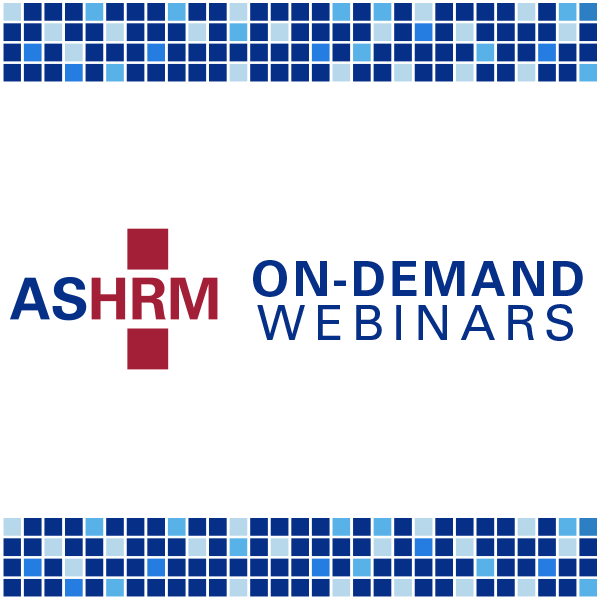One Bad Apple: Navigating Through Sexual Battery and Other Intentional Torts
This presentation will address how "bad apple" claims can spiral into complex situations involving licensing and accreditation issues, criminal investigations, and ethical dilemmas.
Intentional tort claims are flooding our news outlets with tales of horrific instances, ranging from sexual abuse during medical exams of athletes and students, to a surgeon dubbed as “Dr. Death” whose intentional acts have taken lives and left many permanently injured. While only a number of these instances create national headlines, such occurrences are a reality in our own health care institutions and with the "Me Too" movement, victims are no longer reluctant to be heard. The current trends demonstrate that what may appear to be “garden variety” professional negligence claims involving alleged unwanted sexual advances by a physician toward his or her patient, or the alleged unconsented surgical procedure, are now spiraling into complex actions riddled with licensing and accreditation issues, as well as criminal investigation, all of which can escalate risk exposure and result in a devastating impact on not only the provider but on the hospital or ambulatory care facility.
This session will address how one "bad apple" can spiral into the professional detriment of the health care institution. While there are many instances of credible claims there are also instances of false claims. Establishing protocol for immediate investigation that meets both ethical and legal requirements is necessary, as is employing damage control strategies and prevention tactics. Such tools will be addressed to aid in preparation for navigating through these daunting claims of intentional acts of harm to our patients.
Objectives:
- • Devise a systematic plan for immediate response and investigation of reports of harmful acts
- • Define ethical considerations which must be employed when investigating allegations of intentional acts of harm to patients
- • Execute prevention modalities to reduce risk of harm to patients and enforce culture of safety
For questions regarding this webinar, contact ASHRMEd@aha.org
Speaker Bios
Constance Endelicato is an accomplished trial lawyer with 30 years of experience in defending health care professionals, She is a Certified Professional in Health Care Risk Management and a member of ABOTA. She is the Chair of ASHRM's Education Development Task Force and a member of ASHRM's Education and Content Committee. She is Past President of her local Chapter, SCAHRM.
Julie Ann Hernandez Schneider has over 20 years of health care risk management experience in all care settings and has served in both academic and community-based organizations. She has overseen a captive insurance program, and has served in roles at both the clinical organizational level and the corporate level. In addition she has served as adjunct faculty in the Graduate Health Services Administration program at Cal State University, San Bernardino. Julie holds a Master’s Degree in Health Services Administration and is a Certified Professional in Health Care Risk Management. She is currently the Director of Risk Management and Regulatory Affairs for the UCI Health System and is President for the Southern California Association of Healthcare Risk Management.
Josh Hyatt is a Risk Manager, Medical Ethicist, and educator working in the health care field for more than 25 years. He has several published peer-reviewed and book chapters and spoken on topics related to risk management and medical ethics spoken. Dr. Hyatt received his doctorate in health science, focusing of the interplay between health law and ethics. He is a graduate student at Harvard Medical School in Bioethics. Currently, he is employed with Coverys as a Risk Management Consultant. He is a proud ASHRM Faculty member, teaching in the CPHRM Preparatory Course, and DFASHRM.


